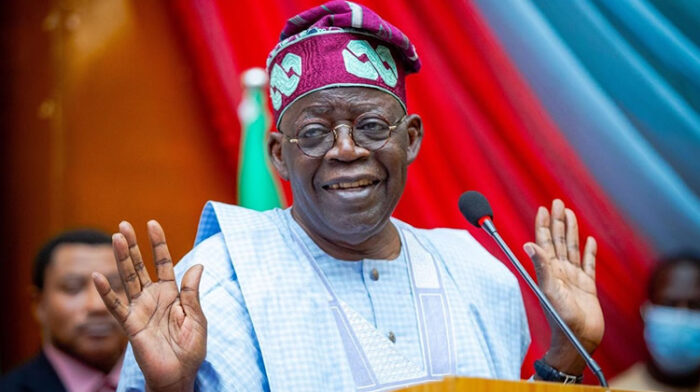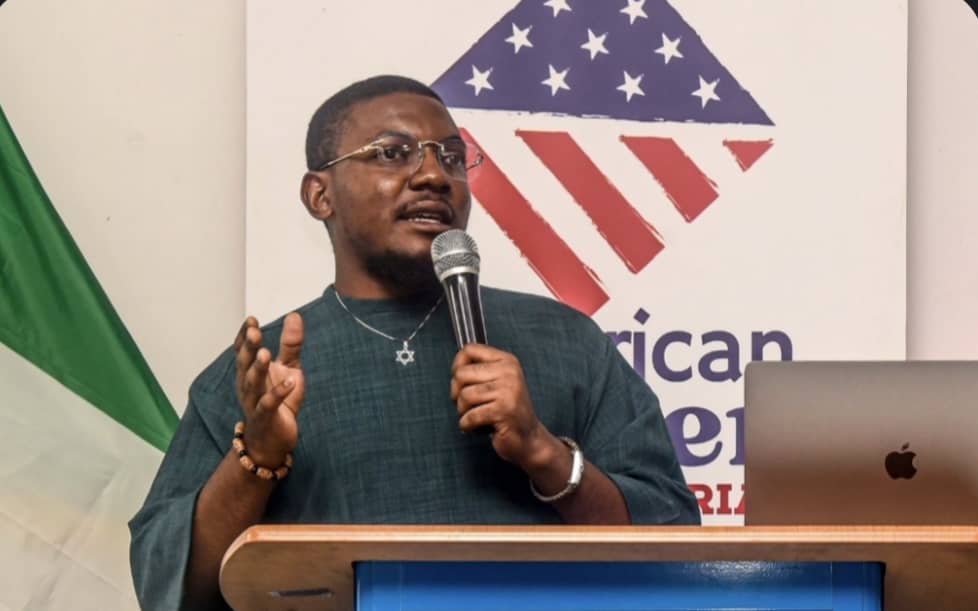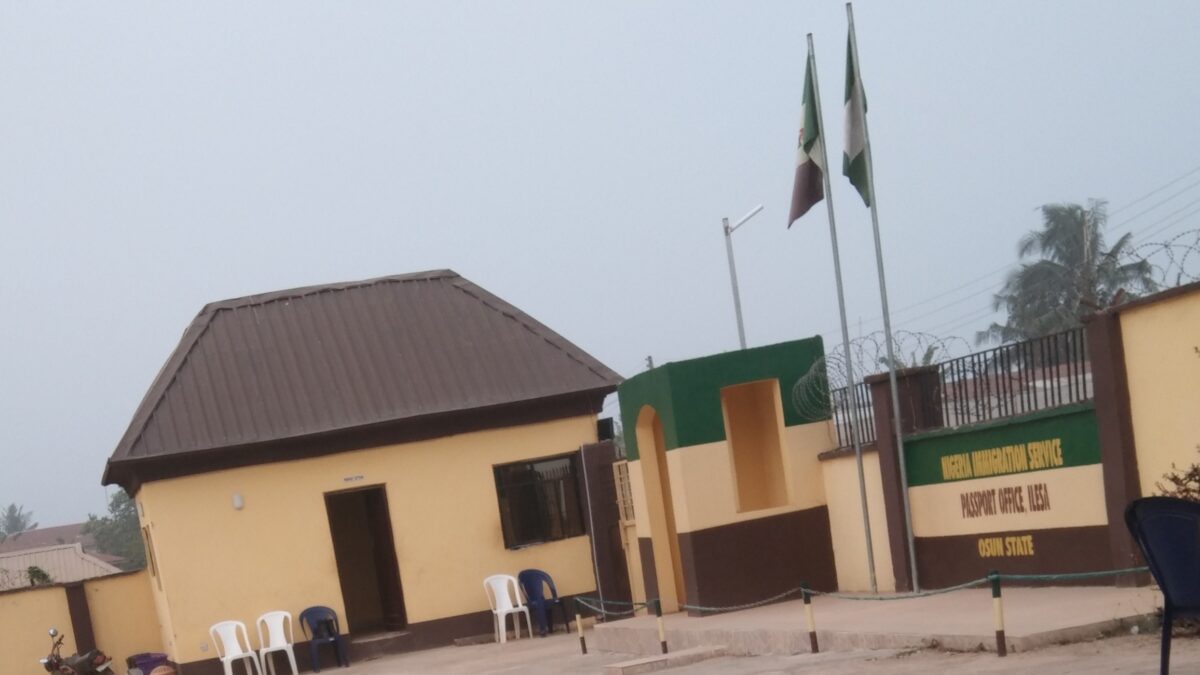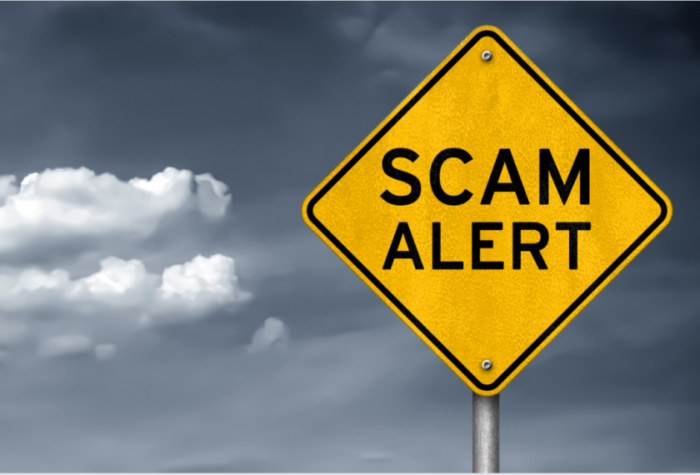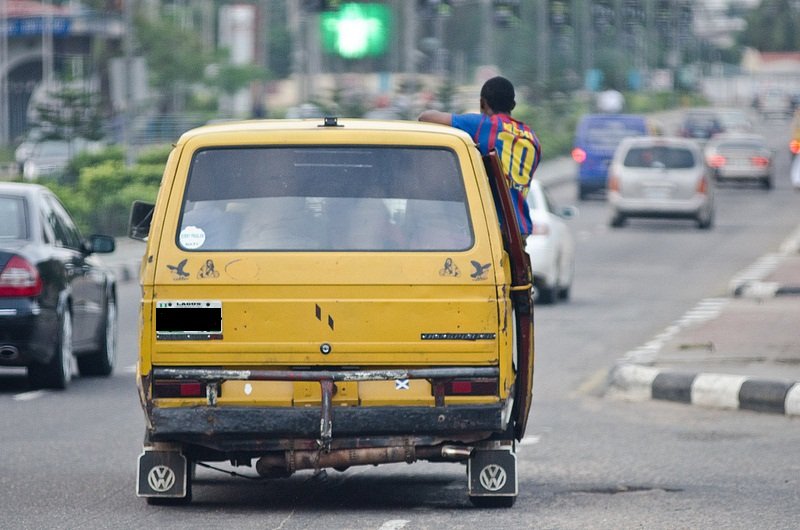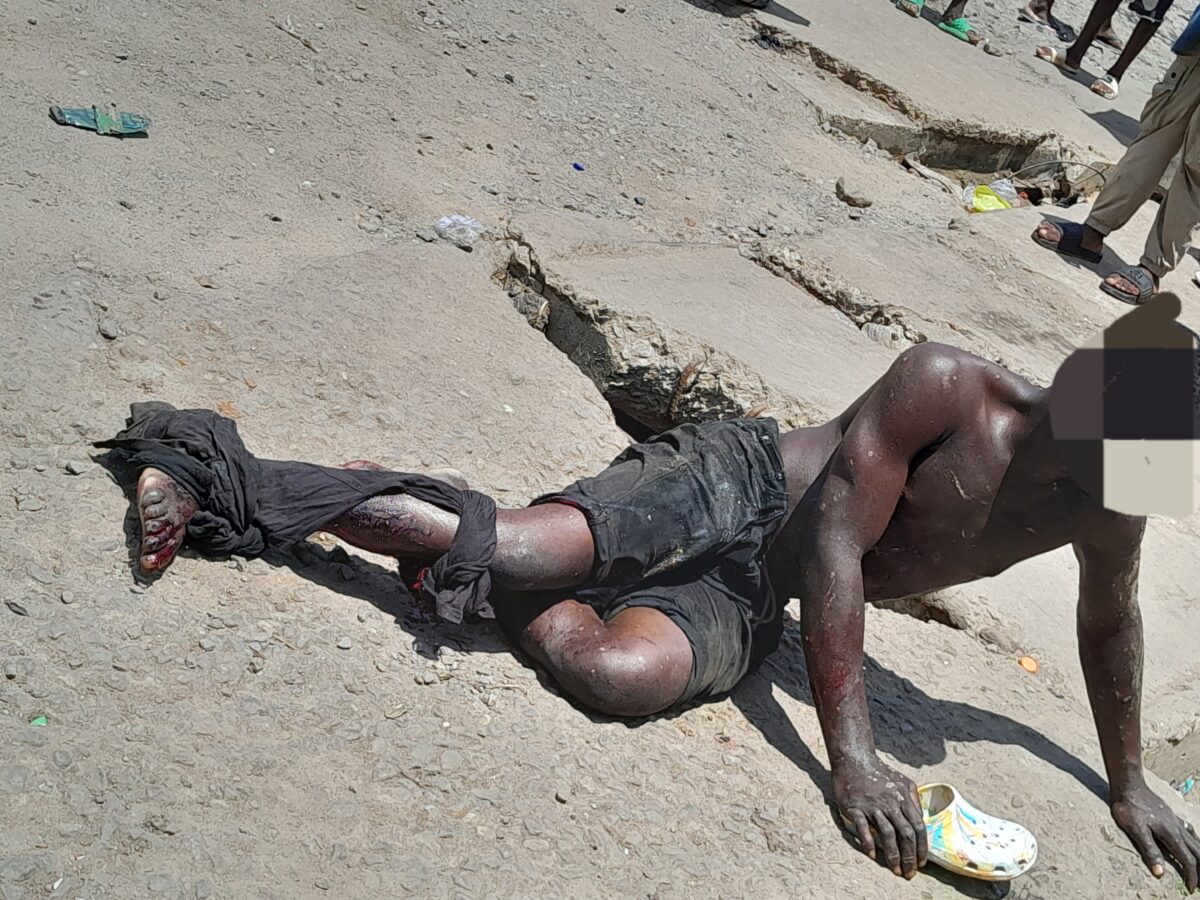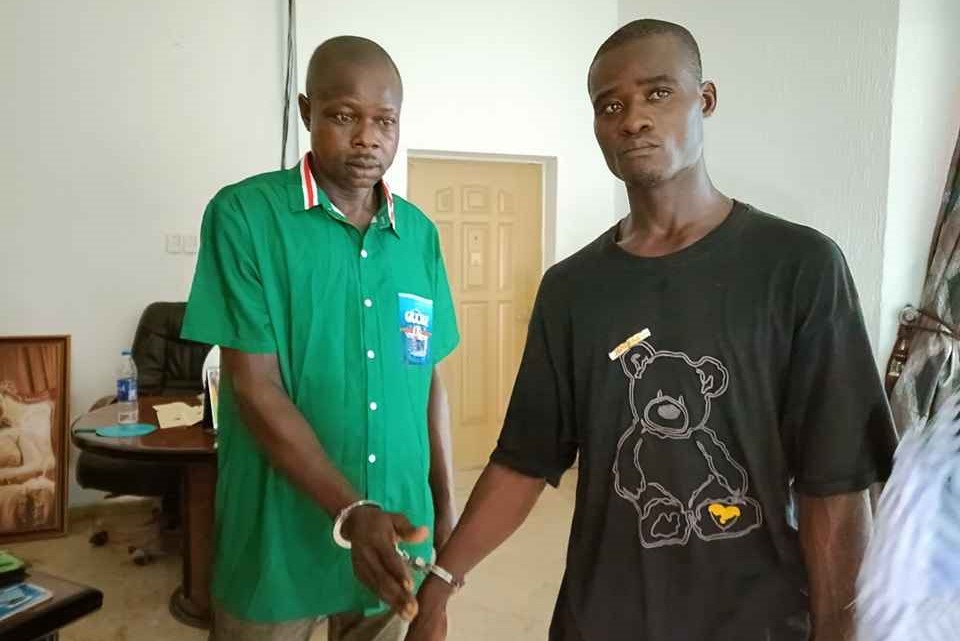A legal tussle in the United States between Atiku Abubakar and Bola Ahmed Tinubu has revealed a fact that could disqualify the latter as president of Nigeria depending on the Supreme Court’s disposition.
In the midst of the noise caused by strong argumentative attacks from Abubakar and Tinubu supporters in this case, the implications of this event have been blurred. There have been questions about the possibility of a disqualification.
For the question of a possible disqualification of President Tinubu to be answered, FIJ simplifies the legal consequences of some revelations from the battle in an Illinois court.
What did Abubukar’s legal action against Tinubu really reveal about Tinubu’s US university certificate, and how does it affect his position as president?
READ MORE: FACT-CHECK: What CSU Documents Really Say About Tinubu’s Studentship, Age, Gender
THE ISSUE WITH TINUBU’S UNIVERSITY CERTIFICATE
Nancy Lee Maldonado, a judge in a court of the northern district of Illinois State, ordered Chicago State University (CSU) in early October to release the academic details proving Tinubu was its student who graduated in the 1970s.
Abubakar, the Peoples Democratic Party presidential candidate for the 2023 general election, had initiated the lawsuit against Tinubu in the US. It was one of the efforts Abubakar made to contest the announcement of Tinubu as the winner of Nigeria’s 2023 presidential election held in February.
With Judge Maldonado’s deadline in the first week of October, CSU released a 32-page document to Abubakar’s team. This document included samples of CSU diploma certificates given to past graduates to compare with the one Tinubu had presented, an admission letter, documents from Southwest College (now Richard J Daley College), some course forms and a few other documents.
As soon as CSU made these documents public, differences in the details on CSU’s diploma certificates and the one Tinubu presented to the Independent National Electoral Commission (INEC) were pointed out.
Caleb Westberg, CSU’s current registrar, gave a deposition (evidence presented under sworn oath) on October 3.
Westberg, in his deposition, testified that the university did not issue the certificate Tinubu presented to INEC. He also said multiple times that CSU could not find Tinubu’s certificate from 1979.
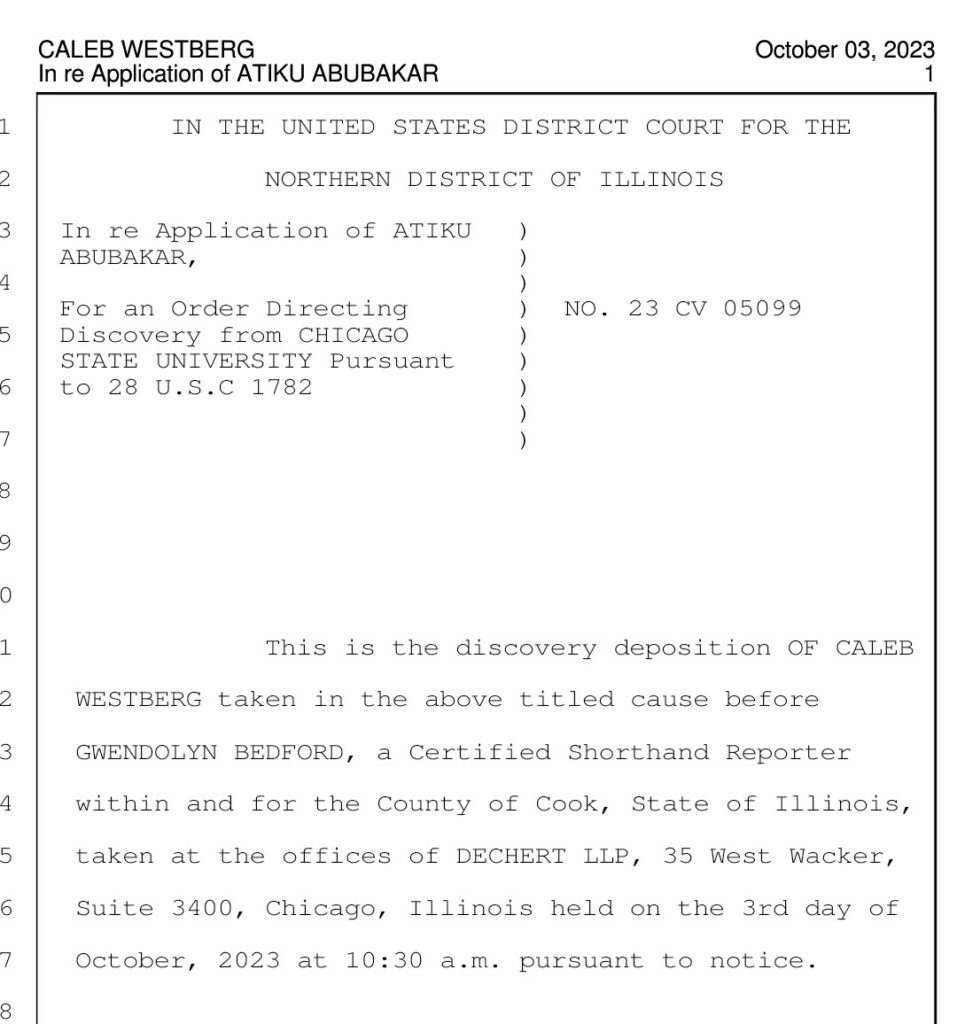
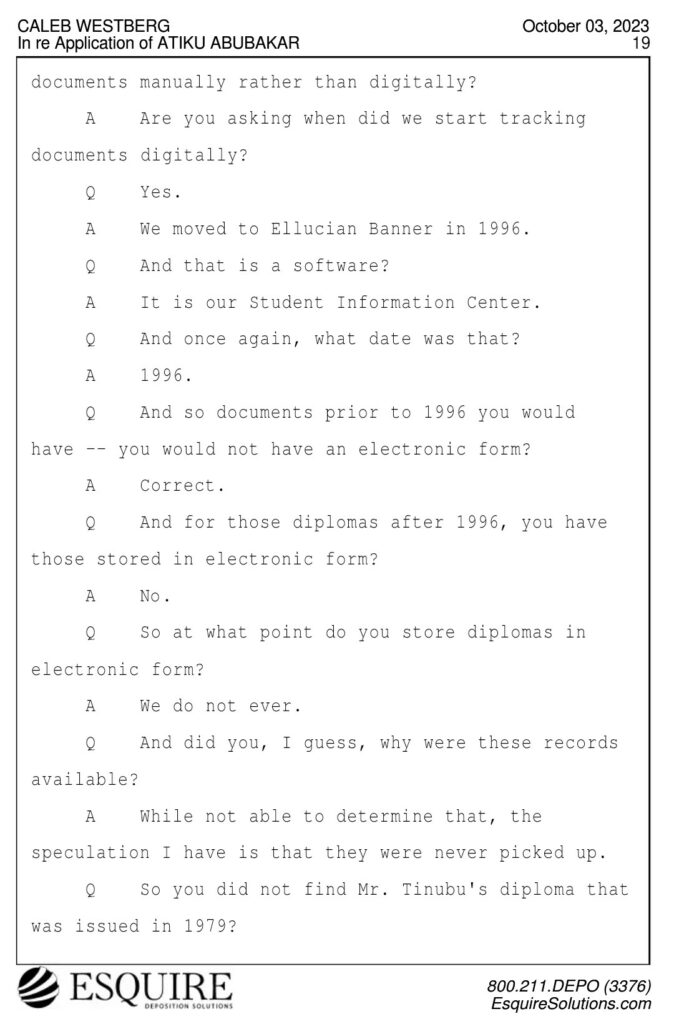
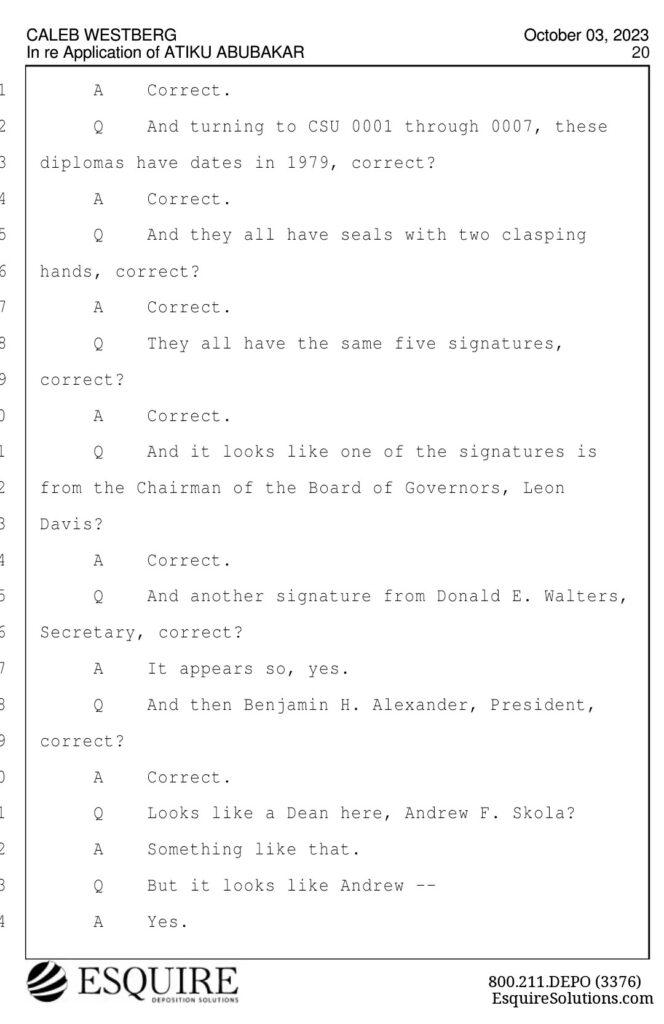
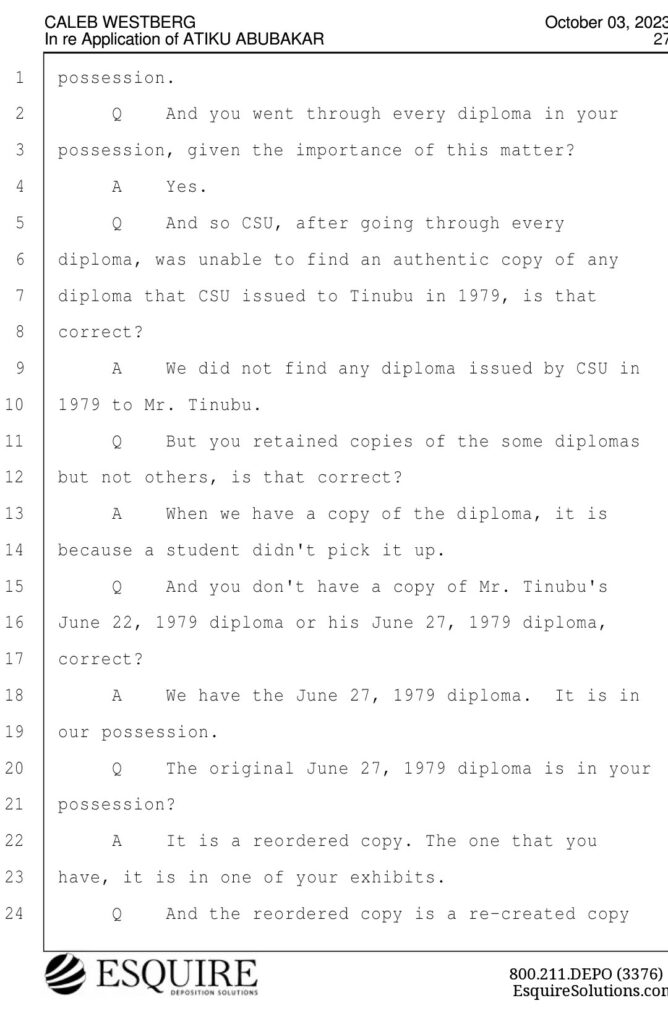
Tinubu’s defence has claimed that the document was made by vendors because he misplaced the original certificate. This certificate did not come from the university; it was made as a placeholder for the actual thing to INEC.
HOW DO US GRADUATES REALLY RECOVER LOST CERTIFICATES IN THE US?
FIJ found questions about misplaced diplomas asked by people who attended US universities and answers by some university staff members. William Beeman, a professor and department chair at the University of Minnesota, gave one of the responses in 2022.
“The diploma has only symbolic value. It is a shame that you lost it, but the certificate will serve for any purpose of verifying your degree,” Beeman wrote.
Beeman explained that the university would provide a transcript and certification as part of its former students’ proof of degree if they required it.

A few others had more ideas.
“The only official documentation of your degree is your college transcript,” said James Leland Harp, a former professor who graduated from the University of California’s Berkeley campus and attended Stanford University.
“If for some reason you need to verify your degree, you would need to fill out a form for the registrar to verify your degree.
“The easiest way to make known your degrees is to join the Alumni Association.”

Someone even suggested going online to order a replica of the document online. They claimed it just had to look perfect. In other words, forge the document since the university won’t offer a new one.
Tinubu likely had the same idea.

READ ALSO: New Documents Reveal Tinubu’s Family Bought $11m Fraud-Linked Mansion in London
ELECTORAL ACT, NIGERIAN CONSTITUTION SAYS FORGERY LEADS TO DISQUALIFICATION
What does the law say about forged documents presented to INEC?
FIJ consulted the Electoral Act 2022 and the 1999 Nigerian Constitution for the answers.
Section 134 of the Electoral Act states that an election may be questioned if:
“…a person whose election is questioned was, at the time of the election, not qualified to contest the election”.
The same section of the Electoral Act explains that a person is deemed to be qualified for an elective office and his election shall not be questioned if they meet “the applicable requirements of sections 65, 106, 131 or 177 of the Constitution” and are not “in breach of sections 66, 107, 137 or 182 of the Constitution”.
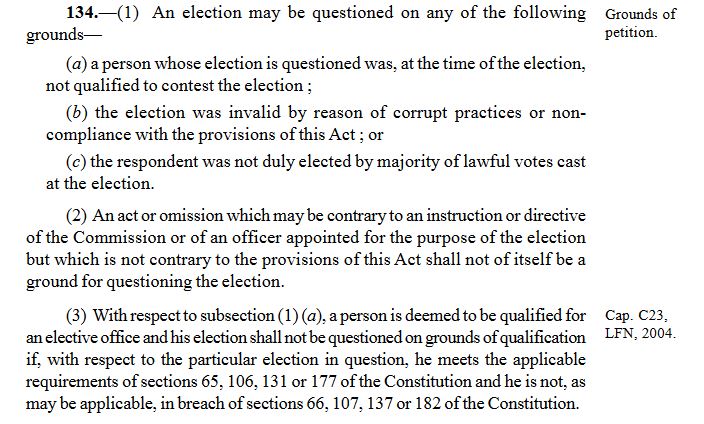
Section 137 of the Constitution states that a person shall not be qualified to the Office of the President of Nigeria if they presented a forged document to INEC.

“A person shall not be qualified for election to the office of President if …he has presented a forged document to the Independent National Electoral Commission,” the Constitution states.
LAWYERS EXPLAIN HOW THIS WOULD GO
Festus Ogun, a constitutional and election lawyer, told FIJ that the unique quality of election petitions will not permit the admission of new evidence.
“I have to say that the proceeding of an election petition is unique. It is sui generis; it’s a special proceeding. It is not a proceeding that has the same rules as other civil proceedings; it is a special proceeding. It has its own rules and regulations,” Ogun told FIJ on Thursday.
“I do not believe that, despite the provisions of the Supreme Court rules and given that the matter at the court is an election petition matter, fresh evidence can be adduced on appeal. This is because an election petition is a different kind of proceeding in our law courts. In fact, the rules that are generally applicable to civil proceedings are sometimes not applicable to election proceedings. If all these new documents were not listed at the time they filed the petition, even at the tribunal, these new documents cannot be introduced because they were not part of the documents listed at the time they filed the petition.
“The point that I am making is that a new document cannot be introduced in an election petition matter on appeal. It is too late. Election petitions are unique, they are of their own kind. If a petitioner files a petition and the respondent replies, if the petitioner wants to respond to the respondent, the petitioner cannot introduce a new piece of evidence at that stage. They have a right of reply but they are not allowed to introduce new documents because that will be tantamount to the amendment of the petition.
“It has happened once that a trial tribunal accepted new evidence that was introduced and we went on appeal and we won. The court of appeal struck everything out. In an election matter where time is of essence, as much as it is desirable, the law as it stands today will not permit it.”
Ogun explained that even if new evidence prove that Tinubu wasn’t fit to be president but that fact wasn’t included when the petition was filed, the Supreme Court will not consider the new piece of evidence.
He said that the evidence can, however, be used against Tinubu if he decides to run for president again.
“It is down to the court to interpret what that statement made [in Westberg’s deposition] means. Because, since the matter is still in court, we cannot specifically say that was what they said. If he didn’t use the word ‘forged’, he said that ‘it didn’t come from us’, I want to know what the court [thinks]. We have to know first whether the court will admit that fresh evidence. The court has to exercise its discretion on this. It is a fresh piece of evidence; it’s not something you can just throw in,” Monday Ubani, former chairman of the Nigerian Bar Association (NBA), Ikeja, told FIJ.
“If the court grants leave, the next question will be what is the content of what they have said concerning the certificate that President Bola Tinubu presented to INEC. If the university says that that document is forged, then that is where there is a problem. The court will then give an interpretation of what the law says about a forged document presented to INEC. The Supreme Court has to decide if that fresh evidence can come in first.”
Abdul Aminu Mahmud, the chief counsel at Ephesis Lex (Attorneys & Solicitors) and President of Public Interest Lawyers League (PILL), also shared his interpretation of the facts from Westberg’s deposition.
“On the question of forgery, the Criminal Code Act (specifically Sections 462, 463, 465, 467 and 468) deals with forgery. As a constitutional crime, section 137 (1)(j) addresses it. The effect of the former sections is that forgery is a crime, while the effect of the latter is that whoever submits a forged document to INEC is automatically disqualified,” Mahmud told FIJ.
“On the question of the Supreme Court admitting new evidence, I’ve already addressed it on my X timeline. The Supreme Court by virtue of order 2, rule 12 of its 2022 rules can admit new evidence. Again, by virtue of the combined provisions of sections 140 of the Electoral Act and 55 of the First Schedule of the Electoral Act, the Supreme Court can apply its civil procedure rules to election petitions, in so far that an appellant fulfils the three conditions that the court stated in Ehinlawo v Oke (2008) as follows:
“First, the evidence sought to be adduced must be such that could not have been with reasonable diligence obtained for use at the trial. Second, the evidence should be such that if admitted would have an important, not necessarily crucial, effect on the whole case. Third, the evidence must be such that it is apparently credible in the sense that it can be believed and it need not be incontrovertible. See UBA Plc v. BTL Ind. Ltd. (2005) 10 NWLR (Pt. 933) 356 at 370–371.
“And the fourth condition: that the new evidence being adduced didn’t exist when the trial court came to its decision; and perhaps, were it in existence, the court might have reached a different decision.
“The above conditions must co-exist for the court to exercise its discretion in favour of the applicant.”
Subscribe
Be the first to receive special investigative reports and features in your inbox.


